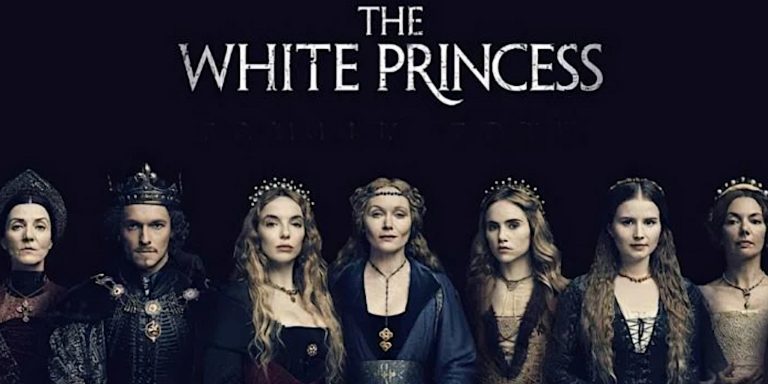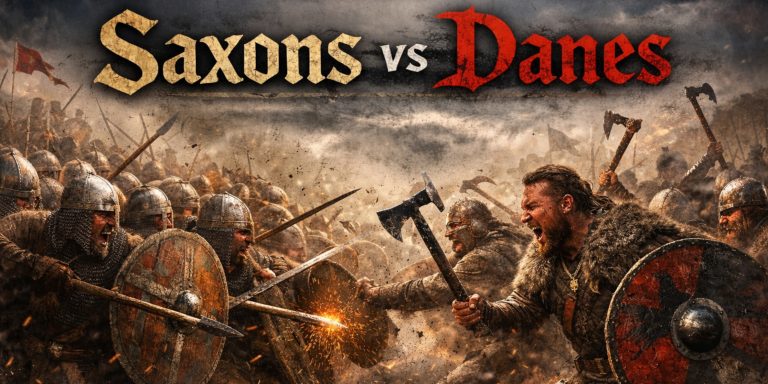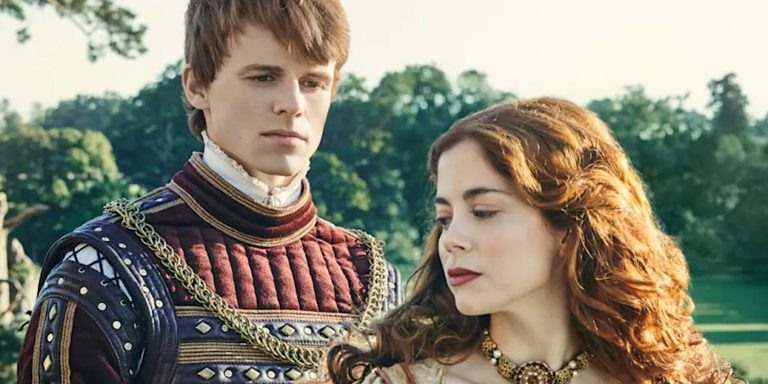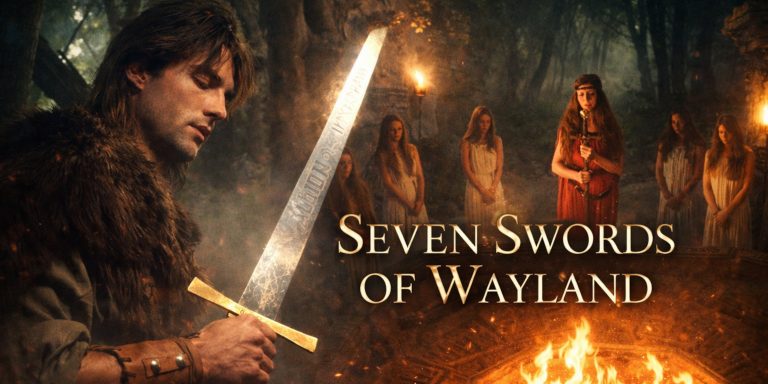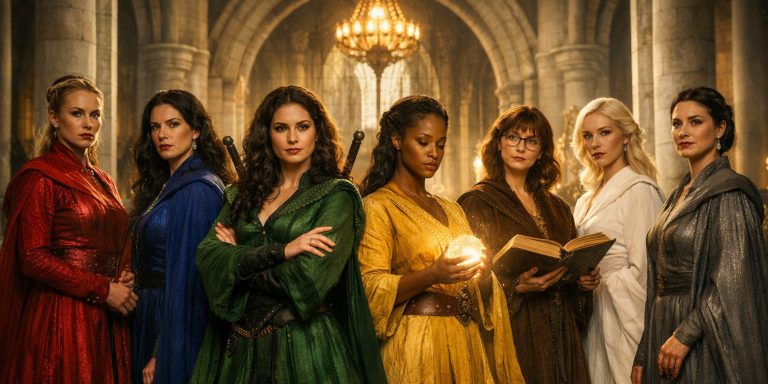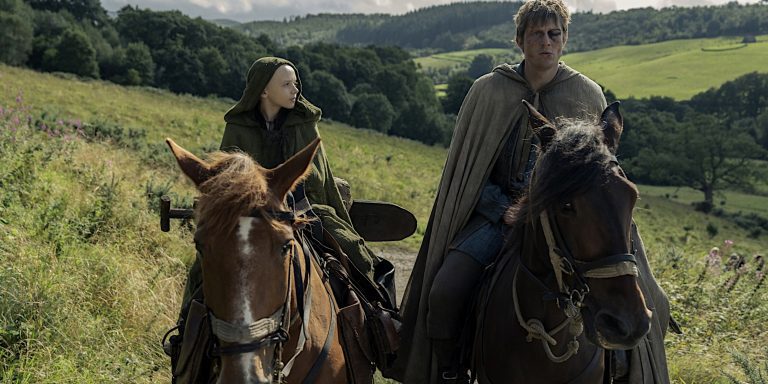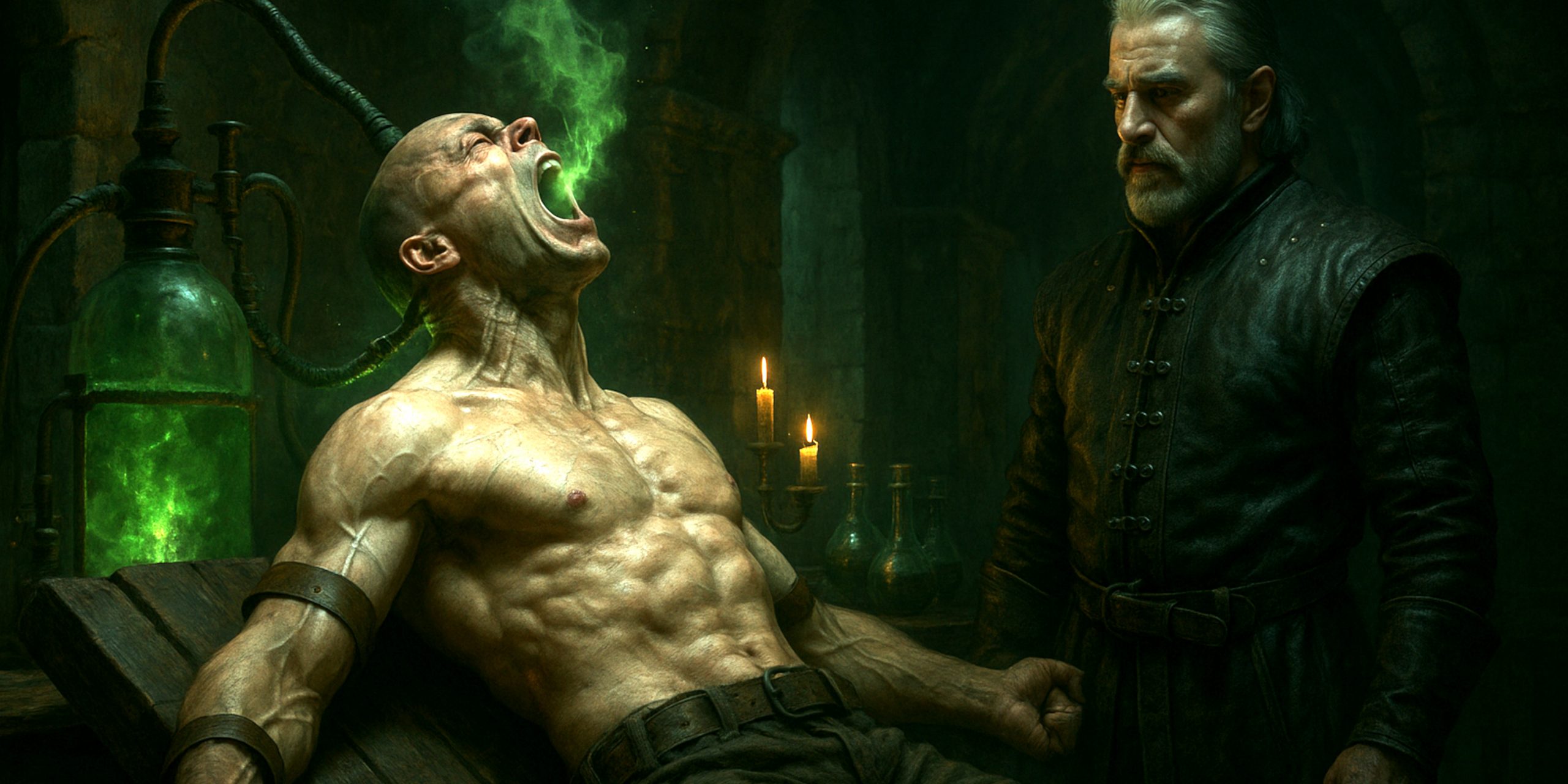
What actually makes a Witcher? Beneath the silver swords, cat eyes, and moral ambiguity lies a horrifying process known as the Trial of the Grasses. It’s not just a test of courage, it’s a complete biological overhaul that turns a human into something far beyond mortal. Think of it as the world’s worst coming-of-age ritual.
The Origins of the Trial
The Trial of the Grasses began in the early days of the Witcher schools, when mages sought a way to create beings capable of hunting the monsters that magic had unleashed. The first Witchers were little more than experiments, many of which failed catastrophically. Over time, alchemists refined the formula and process, but the cost remained appallingly high.
Each Witcher school, from Kaer Morhen to the Cat and the Viper, had its own slightly different method. Some emphasised endurance and combat conditioning, others focused on sensory augmentation. The core principle, however, was always the same: break the human body down, then rebuild it into a weapon.
What Actually Happens
The Trial of the Grasses involves a series of alchemical mutagens, toxic concoctions brewed from rare herbs, monster essences, and experimental magic. The candidates, usually young boys taken from the streets or given up by desperate parents, are subjected to days of intense pain, fever, and hallucinations.
During the trial, their metabolism is rewritten, bones and muscles strengthened, and senses heightened to near-supernatural levels. Those who survive gain abilities such as:
- Enhanced reflexes and strength
- Night vision and heightened smell
- Resistance to disease and poison
- Slowed ageing
They also lose something, fertility, much of their emotional range, and in many cases, their humanity.
The Mortality Rate
It’s not called a “trial” for nothing. Around seven out of ten candidates die during the process, sometimes more in less refined schools. Those who survive emerge forever changed.
Geralt of Rivia is a rare exception. His body responded so well to the mutagens that he underwent further experimental mutations, which turned his hair white and made him even more powerful. It’s the sort of thing that sounds impressive until you remember everyone else in the lab died screaming.
Psychological Impact
Even for survivors, the mental toll is immense. Many Witchers struggle with detachment, nightmares, and a fractured sense of identity. They’re trained to be emotionally neutral, but the memories of the trial never really fade.
That’s partly why Witchers appear so stoic or cynical, it’s not just personality, it’s survival. When your formative experience is essentially magical torture, you stop seeing the world in simple shades of good and evil.
The Controversy Among Mages
Not all mages approved of the process. Some saw Witchers as abominations, proof that human interference with nature had gone too far. Others viewed them as necessary evils, the price paid to keep the Continent safe.
By the time of Geralt’s era, the secrets of the Trial had been largely lost. Kaer Morhen was sacked, the laboratories destroyed, and the remaining Witchers became a dwindling, mistrusted order.
Legacy and Symbolism
The Trial of the Grasses represents everything that makes the Witcher world so morally murky. It’s about sacrifice, the blurred line between heroism and monstrosity, and the price of survival.
In a way, Witchers embody the tragedy of their world, they exist to fight the consequences of magic, yet they themselves are its most haunting consequence.
The Trial of the Grasses has been referenced and briefly visualised in The Witcher TV series, though the show never presents the full ritual in its horrifying detail like the books or games do.
Netflix’s The Witcher Series
- The Trial is mentioned several times, especially in conversations about how Witchers are created.
- In Season 2, during the Kaer Morhen arc, we see flashbacks and implications of the process when Vesemir and Triss experiment with mutagens to recreate Witchers.
- Triss’s reaction, horror and disgust, serves as the audience’s emotional stand-in. She sees the remnants of the old mutation process, confirming how traumatising and cruel it was.
- The series also shows the mutagen vials, glowing green liquids, and alchemical setups that hint at the ritual.
However, the show stops short of showing the Trial itself: there’s no full depiction of a boy undergoing the transformation. The scene focuses instead on the moral implications and loss that come with it.
The Animated Film – The Witcher: Nightmare of the Wolf
This film gives the most explicit version of the Trial on screen so far.
- It follows Vesemir’s origin story and depicts the brutal experiments on young trainees.
- We see the children restrained, injected with mutagens, and violently convulsing.
- The film doesn’t shy away from showing the deaths and screams that accompany the process, capturing the true horror described in Sapkowski’s lore.
- It also explores the cynical side of the Witcher trade, how the mages behind it viewed the boys as expendable assets.
In short, Nightmare of the Wolf delivers the closest visualisation of the Trial of the Grasses to date.
The Games
While not directly shown in The Witcher 3, there are multiple references, notes, and flashbacks describing the procedure, particularly in Kaer Morhen’s laboratory. Geralt also occasionally reflects on surviving it, hinting at both pride and trauma.
Summary
| Adaptation | How It Depicts the Trial | Level of Detail |
|---|---|---|
| Netflix TV Series | Implied and discussed, glimpses of the lab and mutagens | Minimal, suggestive |
| Nightmare of the Wolf | Shows the full process on-screen with emotional and physical horror | High, visceral |
| Witcher Games | Described through dialogue, notes, and environmental storytelling | Moderate, lore-rich |
In short:
If you want the emotional horror and visual brutality of the Trial, Nightmare of the Wolf is your best bet. The live-action show keeps it largely off-screen, choosing moral weight over gore.
Seven Swords Takeaway
The Trial of the Grasses is one of the darkest pieces of alchemy in fantasy fiction. It’s brutal, unethical, and utterly fascinating. When you next see Geralt slicing through a leshen or shrugging off a wyvern’s poison, remember: he earned that power through suffering no human being should ever endure.
If Witchers are monsters, they’re the kind that humanity created, and needed.

